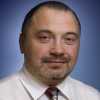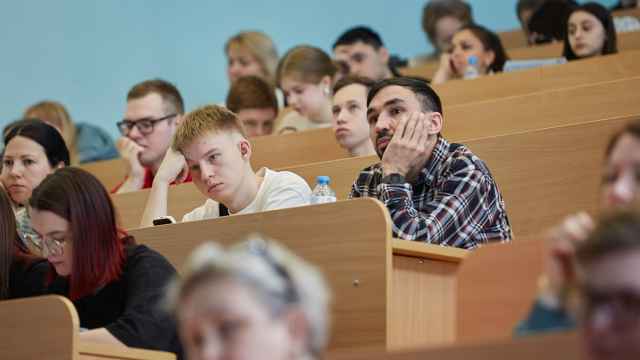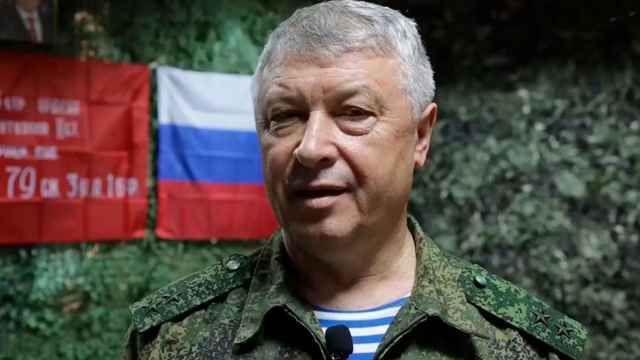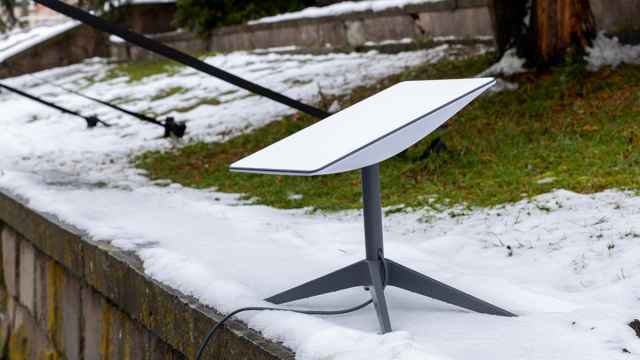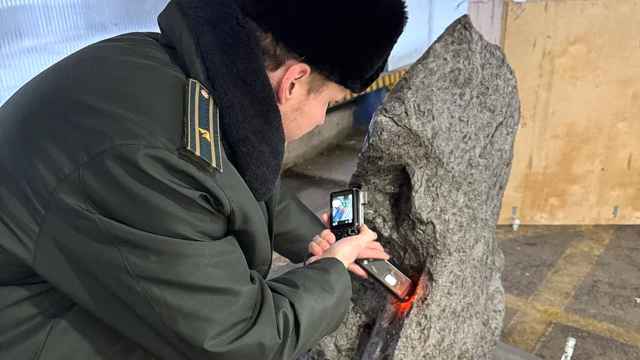The All-Russia People’s Front, Prime Minister Vladimir Putin’s political brainchild that he unveiled a month ago in Volgograd, is now taking its first decisive steps. The regions are pushing the program full speed ahead, with Putin’s chief of staff Vyacheslav Volodin running the show from his new office on Novy Arbat, not far from the White House.
Today, 16 national organizations and more than 400 regional, interregional and municipal organizations have signed onto the front, and 200 other organizations are expected to follow suit. The invitation to join is open to almost everyone.
The more enthusiastic local organizers report that practically everybody in their districts is ready to join the group. The math is simple. If every war veteran and member of a union, women’s organization or other interest group were to join, more people would be reported as belonging to Putin’s front than actually live in a region since many will be double-counted.
The directors of Putin’s public liaison offices in the regions, mostly second-tier United Russia functionaries, provide basic organizational support. This demonstrates the largely auxiliary role that these newly created structures play.
By mid-June, the front’s regional councils must complete all the paperwork and choose their candidates for primaries that will be held from Aug. 1 to Sept. 10. After this, one-fourth of the United Russia list will be filled by people’s front members, which will dramatically intensify the internal struggle for a place on the party lists.
This may help bring fresh faces into the deputy corps of the party of power, something United Russia badly needs. The party has already announced the criteria by which it will “cleanse” its lists. It will only take deputies who have not served more than two or three terms in the State Duma, who have not been involved in any public scandals and who have contributed in some way to the party.
Although the people’s front exists, it lacks a program. The nongovernmental organizations that have come on board will make their recommendations for that program in mid-June. The Institute for Social, Economic and Political Research — created a couple of weeks ago and headed by former Justice Minister and former long-time Chuvashia leader Nikolai Fyodorov — has been charged with developing that program. The institute has promised to present its “five-year plan for the transformation of Russian society” to the newly elected Duma in December.
Despite its amorphous form, the people’s front has already accomplished a number of important tasks by bringing countless individuals and groups under its auspices, diverting the focus away from “the party of crooks and thieves” and reinforcing Putin’s role as national leader. It is also undermining the already extremely weak party system.
The front might even manage to pull in a significant percentage of the growing protest vote that the Communist Party had, until now, been gaining. According to a VTsIOM poll, more than 25 percent of the Communist electorate believes that the Communist Party should join the All-Russia People’s Front.
Nikolai Petrov is a scholar in residence at the Carnegie Moscow Center.
A Message from The Moscow Times:
Dear readers,
We are facing unprecedented challenges. Russia's Prosecutor General's Office has designated The Moscow Times as an "undesirable" organization, criminalizing our work and putting our staff at risk of prosecution. This follows our earlier unjust labeling as a "foreign agent."
These actions are direct attempts to silence independent journalism in Russia. The authorities claim our work "discredits the decisions of the Russian leadership." We see things differently: we strive to provide accurate, unbiased reporting on Russia.
We, the journalists of The Moscow Times, refuse to be silenced. But to continue our work, we need your help.
Your support, no matter how small, makes a world of difference. If you can, please support us monthly starting from just $2. It's quick to set up, and every contribution makes a significant impact.
By supporting The Moscow Times, you're defending open, independent journalism in the face of repression. Thank you for standing with us.
Remind me later.

